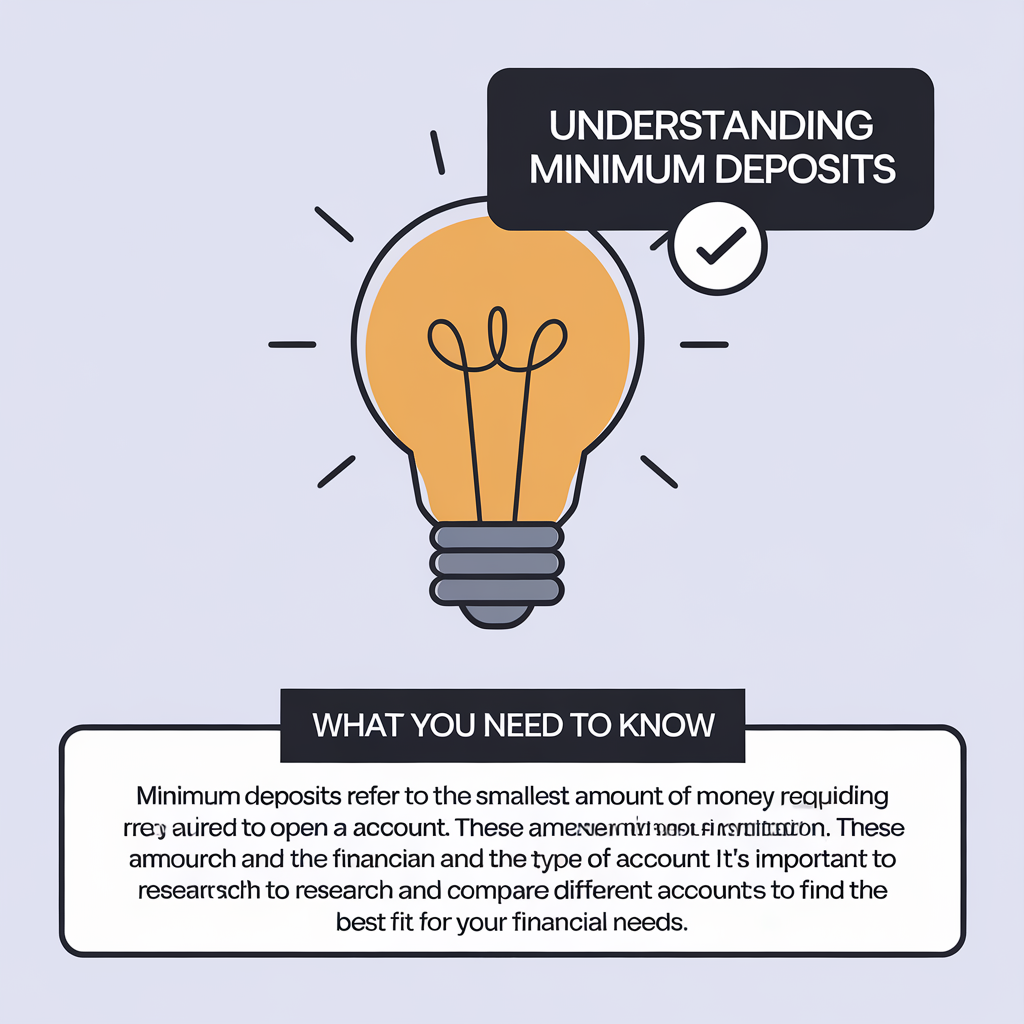Maximizing Your Savings: Avoid These Common Money Market Account Mistakes
Money market accounts are a unique blend of savings and checking accounts, offering the high interest rates of savings accounts with the accessibility of checking accounts. However, to truly benefit from a money market account, it’s crucial to avoid common pitfalls that can diminish your earnings. Here are six mistakes to steer clear of to ensure your savings work for you.
1. Failing to Shop Around
Money market accounts vary significantly across different banks and credit unions. While federal regulations insure these accounts similarly to checking and savings accounts, other features like annual percentage yield (APY), fees, withdrawal limits, and deposit requirements can differ. Some accounts may even offer a debit card or checkbook for easier access to funds, with varying fees for these perks.
Don’t settle for the first money market account you come across, even if it’s with your current bank. Comparison shopping across multiple financial institutions can help you find the best interest rate with the most favorable features and the fewest fees and restrictions.
2. Withdrawing Too Often
Money market accounts are not designed for frequent withdrawals. Although the Federal Reserve removed the six-withdrawal-per-month limit in 2020, many banks and credit unions still impose similar restrictions. Exceeding these limits can result in fees that eat into your savings.
If you need frequent access to your funds, consider keeping some money in a checking account and reserving your money market account for long-term savings like an emergency fund.
3. Not Having Enough for an Initial Deposit
Unlike other savings accounts, money market accounts often require a larger initial deposit. While some accounts have no minimum deposit requirement, others may require at least $2,500 to open or to earn interest. Failing to meet these requirements can make opening the account less worthwhile.
If you don’t have a large sum to start with, look for accounts with no minimum deposit requirement or those that offer tiered interest rates with more flexible terms.
4. Letting Your Balance Get Too Low
Maintaining a certain balance is often a requirement for money market accounts. Some banks use a tiered system where higher balances earn more interest. Falling below the required balance can result in monthly fees, typically around $10 to $15, which can quickly add up and even lead to account closure.
To avoid these fees, ensure you can consistently maintain the required balance or consider other types of accounts with fewer restrictions.
5. Ignoring the Fine Print
Reading the fine print is essential when opening or managing a money market account. Monthly maintenance fees, check fees, ATM fees, and other charges can vary widely between financial institutions. Understanding these details can save you money and prevent unexpected charges.
Take the time to thoroughly review the terms and conditions of any account you’re considering to avoid unpleasant surprises.
6. Missing Out on More Earnings Elsewhere
While money market accounts can offer competitive interest rates, the best APYs are often reserved for those with substantial balances. If you’re starting with a lower balance, you might find better returns with a high-yield savings account or a certificate of deposit (CD) that has lower deposit requirements.
Consider your financial situation and goals to determine the best type of account for your needs. High-yield savings accounts and CDs can offer solid returns without the balance requirements of money market accounts.
Find What Works for You
There’s no one-size-fits-all solution for saving money. The best account for you depends on your available funds, the balance you can maintain, and how you want to access your money. For those with established savings looking for growth, a money market account can be a great option, especially with the added convenience of ATM or check access.
If you’re just starting to build your savings or prefer fewer restrictions, explore other options like high-yield savings accounts. These accounts often have fewer limitations and can offer competitive APYs.
Remember, you don’t have to limit yourself to one type of account. You might find it beneficial to use a money market account for long-term savings goals while utilizing other accounts for short-term needs.
At O1ne Mortgage, we understand the importance of making informed financial decisions. If you have any questions or need assistance with your mortgage needs, don’t hesitate to call us at 213-732-3074. Our team of experts is here to help you navigate your financial journey and achieve your savings goals.







